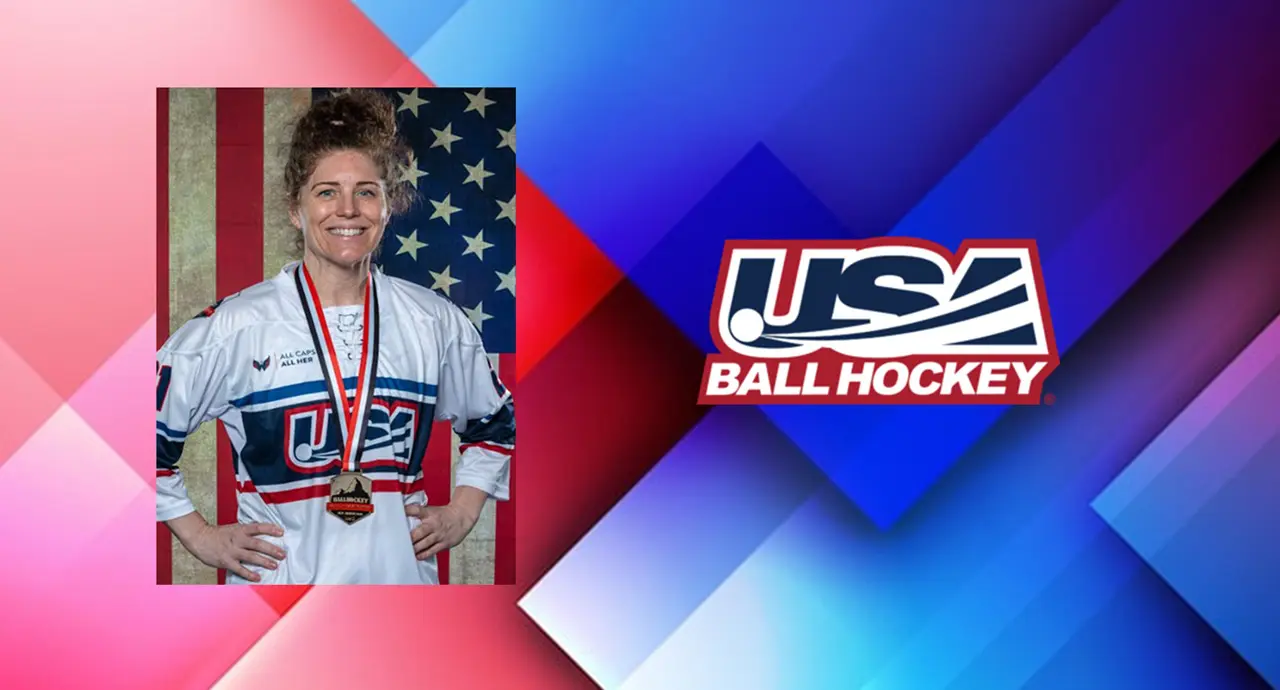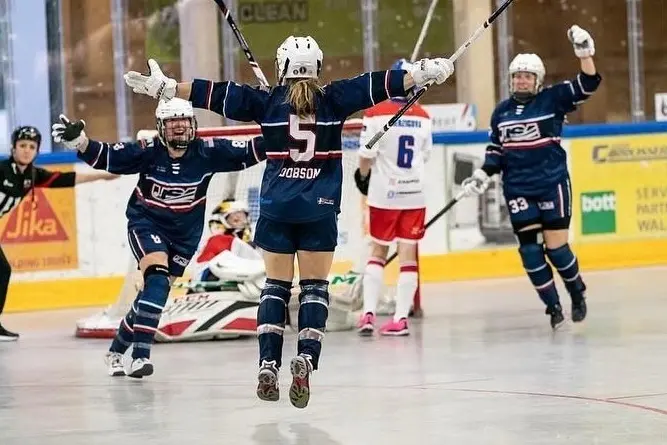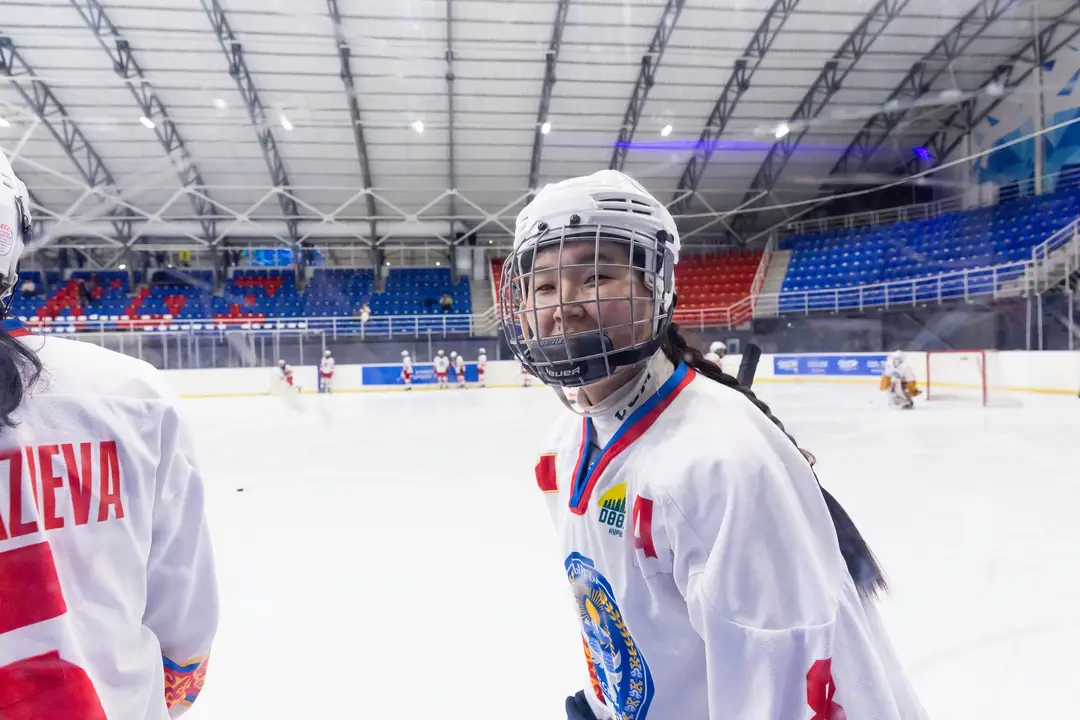A member of the Russian national women’s ice hockey team, Lyudmila Belyakova is one of the game’s rising stars. One of the most cherished moments in her career occurred on October 11, 2015, a historic day in American women’s ice hockey. Skating in the NWHL’s inaugural contest, it was one that saw Belyakova make her mark, assisting on the first goal in New York Riveters history, scored by Brooke Ammerman.
With the assist, she became the first European-born player to log a point in NWHL regular season play. Known by her teammates as Luda, her contributions are part of a strong international hockey legacy for the Riveters, which also included her becoming the first Russian-born player to sign an NWHL contract. In addition, Austrian Janine Weber the first player ever signed to an NWHL contract, while Japanese-born player Nana Fujimoto became the first international goaltender to compete in an NWHL game.
Belyakova, who holds a Russian Master of Sports International Class and won a championship with Moscow Tornado, has the potential to make an impact in the NWHL akin to the Russians who first joined the NHL in 1989, such as Alexander Mogilny, Slava Fetisov and Sergei Makarov, adding an exciting new dimension to the game. Although fellow Russian player Yekaterina Smolentseva has signed a contract with the Connecticut Whale, she has yet to see regular season action.
While Belyakova had no shortage of opportunities to compete in the NCAA, along with Canadian Interuniversity Sport, the NWHL has proven to be a very enjoyable experience in her career, helping to make one of her hockey dreams come true,
”In April, there was information about a professional women’s league in the United States. I decided that it was necessary to go in NWHL.
It has been my dream since childhood to play in North America. Although the proposal to play for student teams from the United States and Canada were received well before the creation of NWHL.
In my opinion, things are well. Communicating with people, I still cannot, so I do not know how people relate to me. When I arrived, little is understood in English. But it was evident that my teammates are trying to help, talking to me and helping me to loosen up. It was very nice and helpful to me.”
One aspect that Belyakova has acknowledged is that professional hockey is strongly defined by self-discipline. When playing for the Russian national team, everything is planned with a structured regiment for players to follow. Although there may be a minor adjustment for her, the exceptional world class skills that she brings are poised to pay positive dividends for the Riveters.
A national team member since the tender age of 15, Belyakova was part of two significant milestones in Russian women’s hockey history. Competing as a 19-year old, she was part of the bronze medal winning squad at the 2013 IIHF Women’s World Championships, an historic first for the Russian program. At the 2015 Winter Universiade in Granada, Spain, she was part of the Russian team that not only snapped Canada’s gold medal winning streak, it represented the first gold medal for Russia in the event. As a side note, Fujimoto led the Japanese team to a bronze medal in the event.
”Here, it is mainly self-training. Together, the team is going to train only two times a week and play on Sunday. In Russia, the national team goes for a month and a half.
Here, you need to do everything quickly. The speed of the game means faster decisions. The coaches have showed me the video of our games, explaining how to improve play. In principle, the coaching staff are happy with my game.”
Although her season did not get off to the desired start due to minor complications with a work visa, resulting in not competing in the preseason, she is poised to become a key member of the Riveters offense. Approaching the game with tremendous maturity and optimism,
"There have been improvements (in New York). Some skaters on the Russian team were familiar with talking in English. But I become more aware. I cannot always express myself but the girls on the team are helpful, so that they know how to explain something to me.
I still have to find a common language with my teammates. We played just two games and lost both. Especially since I did not play the pre-season games, I did not have a work visa. But, there is progress with every game and every training session.”
“All quotes obtained first hand unless otherwise indicated”
Image obtained from Twitter
[adrotate group=”1″]
Related Articles
Categories
Recent Posts
[adrotate group=”2″]





